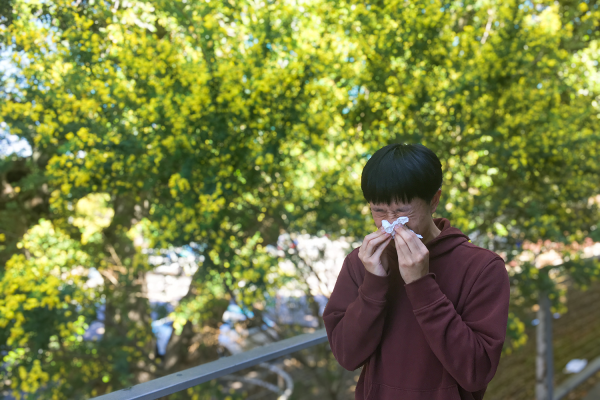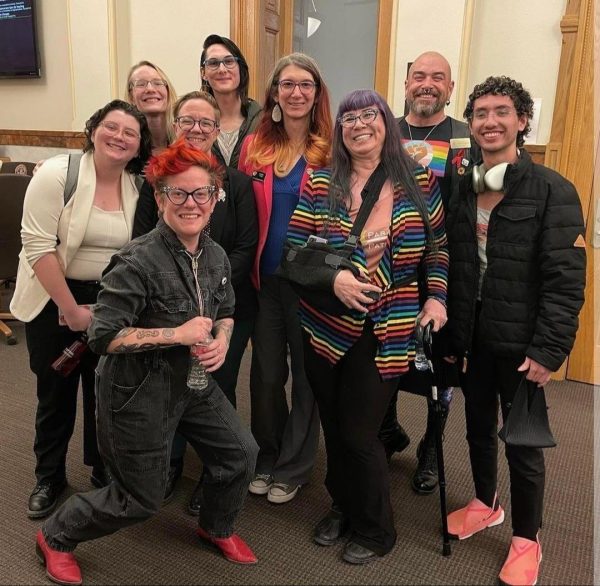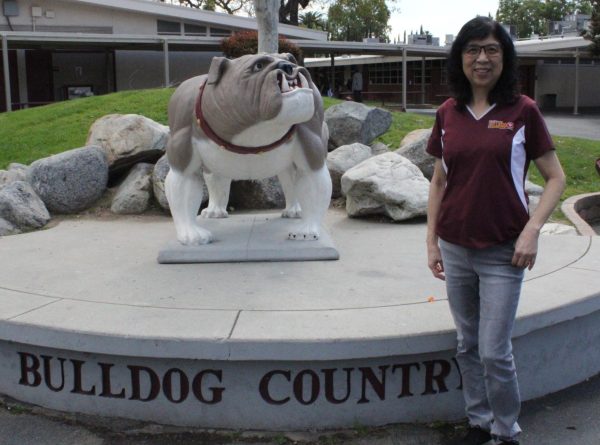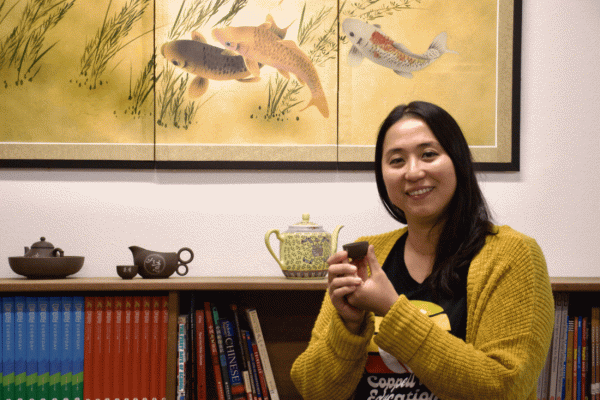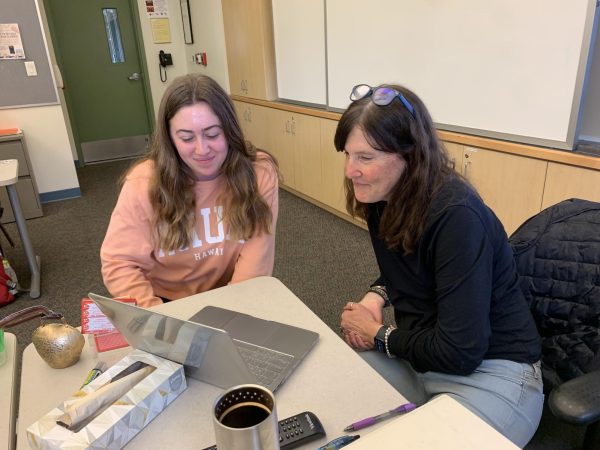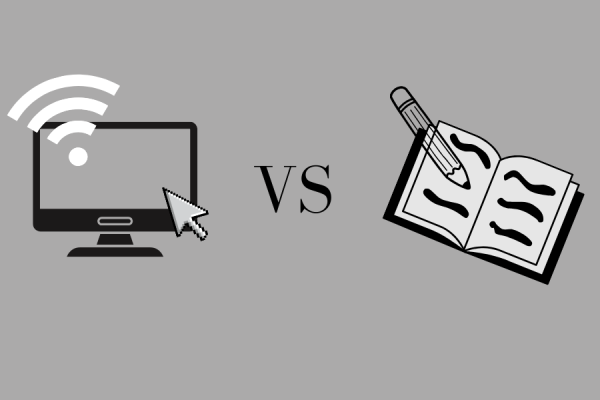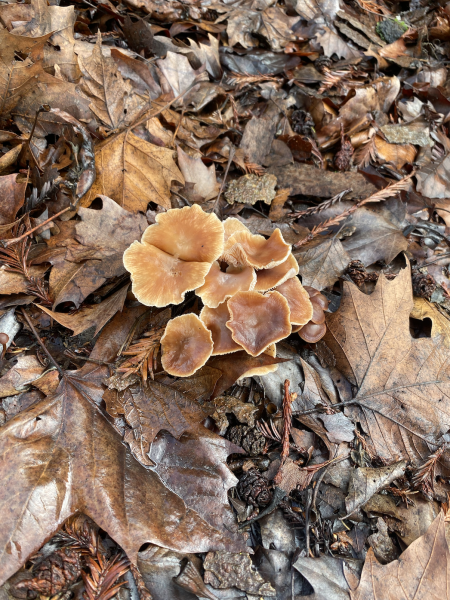Mind over Mask
Students and staff members discuss the effects that COVID-19 has posed on their mental health
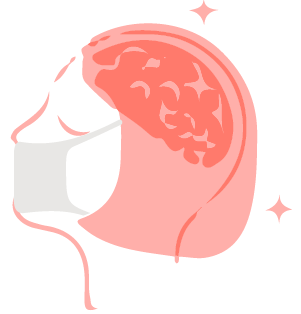
Graphic by Karley Kent
Students discuss the potential effects of the COVID-19 pandemic on mental health.
November 25, 2020
After a six-month-long spring break due to the COVID-19 pandemic, students are finally back in class. News of a quarantine struck in early March, and the impact of the virus began to alter almost every aspect of daily life for people all over the world.
Being stuck under a lockdown and lacking the ability to socialize is something that this generation has never experienced before. Coronavirus has posed many uncertainties and has greatly affected not only the livelihood of our school community but the mental health of its members.
Junior Molly Heidrick is a student sponsor for Sources of Strength, a youth suicide prevention organization, said she strongly advocates for mental health awareness during these unprecedented times.
“The most significant thing that COVID-19 prevented in regard to students’ mental health has definitely been the inability to attend school,” Heidrick said. “Despite how many people claim they don’t like school, it acts as a huge outlet for young people and many have found themselves in a dark place without it.”
Without school, many students lack motivation and direction. This can make it difficult to maintain a familiar schedule. Senior Julia Havens said as a result of the pandemic, she has noticed a change in her time management skills and stressed the importance of organization in a time with no definitive structure, especially because of the restrictions placed on extracurricular activities.
“Time management is incredibly important now that we are back in school again because the more you pile on to yourself, the more stressed you are going to be,” Havens said. “Stress alone can affect mental health a lot, so it’s something that is very vital to be aware of.”
The combination of isolation and stress can be very impactful on a person, and add pressure into their life. School psychologist Emily Demo said returning to hybrid style learning after a six-month period with minimal classroom opportunity has made so many students in our community overwhelmed with anxiety.
“It’s important for all students to know that their life is so impactful, and the smallest action can make the biggest difference,” Demo said. “Kids should know that it’s OK to reach out for help when they are struggling to cope, especially during this strange time when no one is really clear on what to do or think.”
Havens said although all grade levels and ages are struggling as a result of this pandemic, she really feels for her fellow seniors. The pandemic has prevented many traditions and experiences and it has really hit home for Havens.
“It sucks that our senior year is being taken away, but there’s nothing that we can do to get it back,” Havens said. “I’ve been trying to tell myself that the reason I’m down is that I’m losing out on the normal senior activities, but in fact, I’m making even stronger memories as this year will be much more memorable than a normal year.”
Mental health is something that can affect relationships, school, extracurriculars, and even physical health, as well. With a school year that is ever-changing and full of uncertainty, students may be having trouble making adjustments.
“I think that during the lockdown, it was really hard for people to put themselves in the right mindset for positive changes,” Havens said. “There was so much that was lost and negative responses to everything, that building a stronger outlook on their life was a hard thing to do. Not impossible, but definitely difficult.”
The school offers multiple ways to get involved with spreading positivity and encouragement for all, including Sources of Strength and REbeL. The groups help spread positivity while promoting suicide prevention, dealing with social media in a healthy way, and helping students learn how to manage their stressors or anxiety.
“A lot of people depend on a routine and other people to make them feel better and keep their lives going every day,” Demo said. “When you take all of that away it leaves people to figure out a way to base their happiness off of something completely different and likely less sustainable.”
Demo said many high school students, as well as many adults, feel like they have to be perfect, even if they are struggling with their mental health. It is impossible to be perfect, and finding a happy, healthy lifestyle requires time and balance.
“As cliché as it is, I definitely recommend just talking to someone if you are struggling with your mental health or the transition into school,” Heidrick said. “Know that just because we have been out of a routine for a while, it’s going to be hard to get back into it, but at the end of the day, life will go back to normal at some point.”
This story was originally published on BVSW News on November 2, 2020.








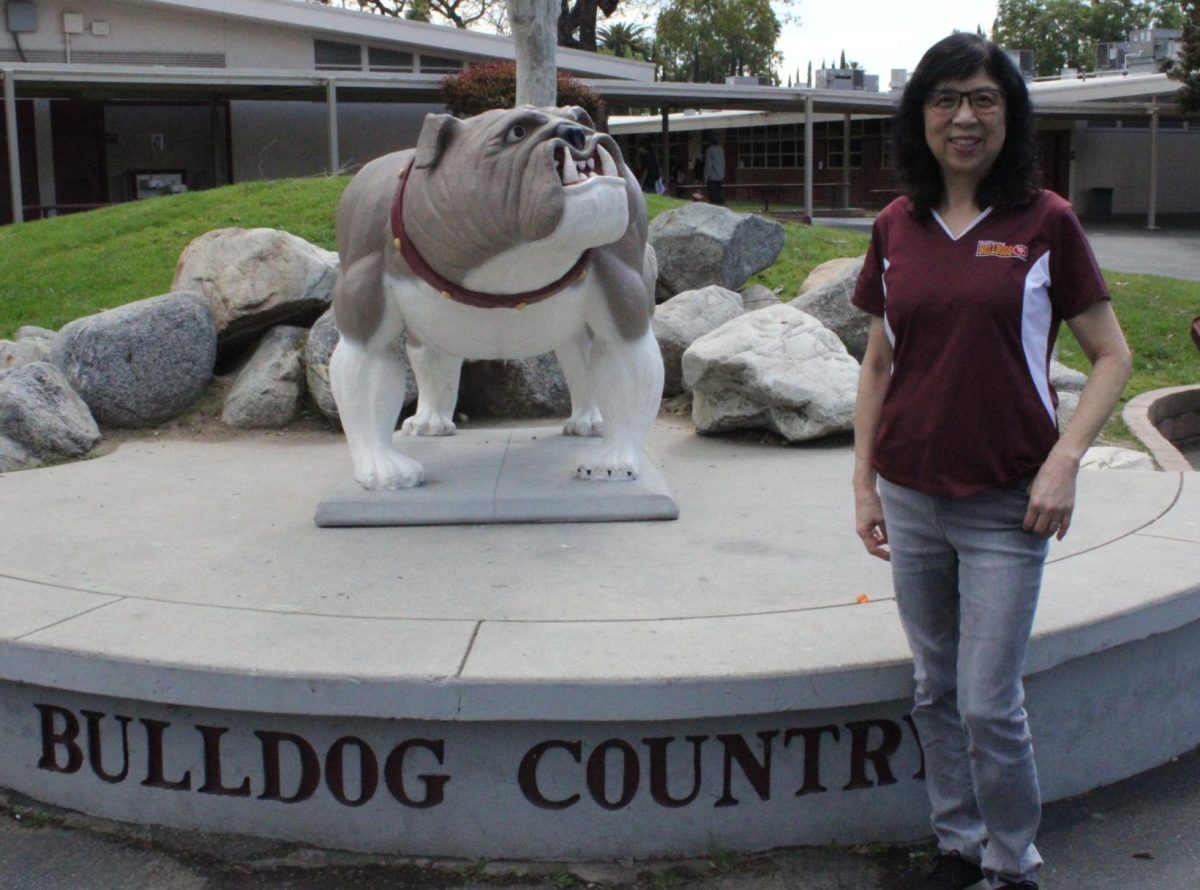





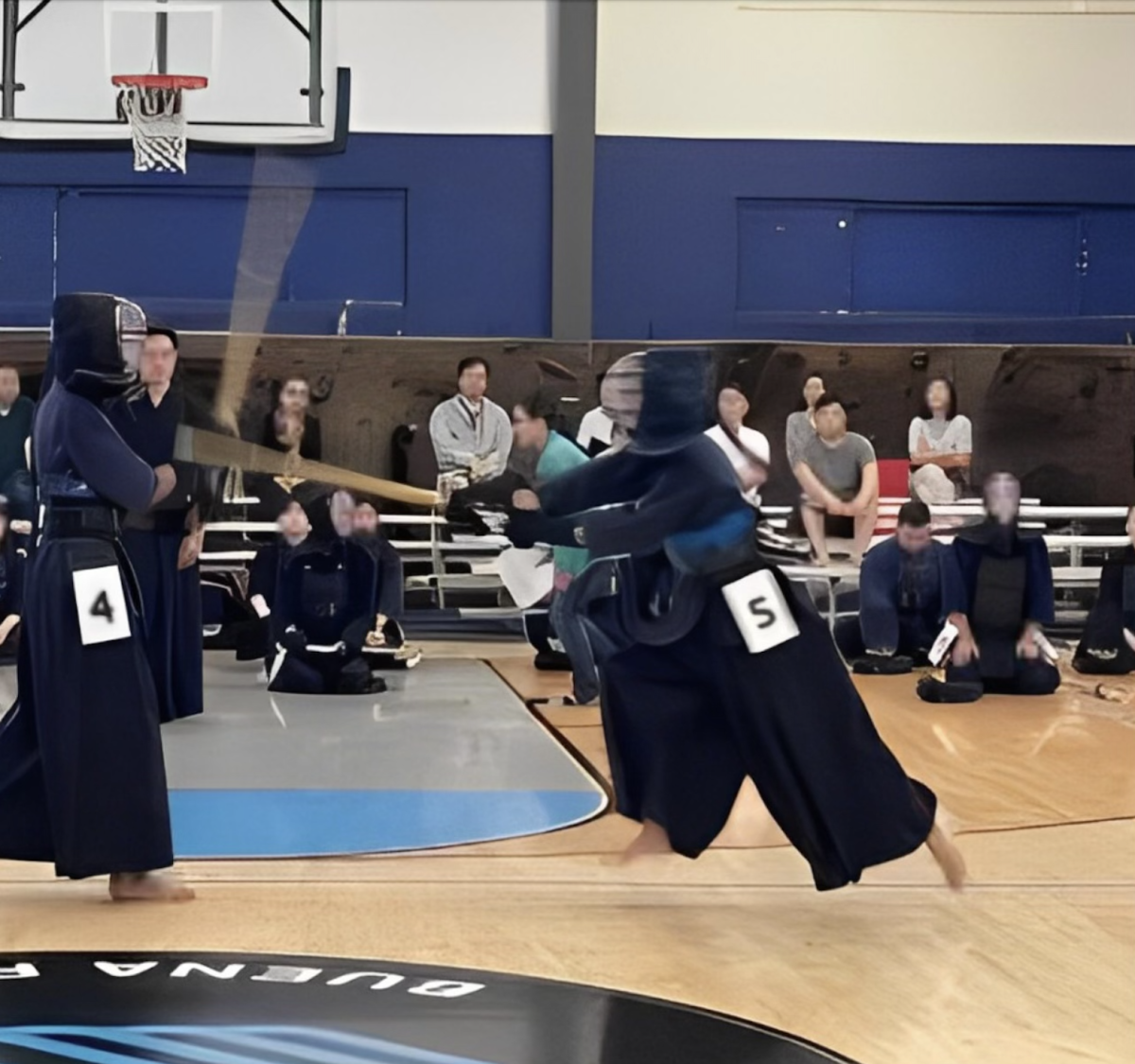
















![IN THE SPOTLIGHT: Junior Zalie Mann performs “I Love to Cry at Weddings,” an ensemble piece from the fall musical Sweet Charity, to prospective students during the Fine Arts Showcase on Wednesday, Nov. 8. The showcase is a compilation of performances and demonstrations from each fine arts strand offered at McCallum. This show is put on so that prospective students can see if they are interested in joining an academy or major.
Sweet Charity originally ran the weekends of Sept. 28 and Oct. 8, but made a comeback for the Fine Arts Showcase.
“[Being at the front in the spotlight] is my favorite part of the whole dance, so I was super happy to be on stage performing and smiling at the audience,” Mann said.
Mann performed in both the musical theatre performance and dance excerpt “Ethereal,” a contemporary piece choreographed by the new dance director Terrance Carson, in the showcase. With also being a dance ambassador, Mann got to talk about what MAC dance is, her experience and answer any questions the aspiring arts majors and their parents may have.
Caption by Maya Tackett.](https://bestofsno.com/wp-content/uploads/2024/02/53321803427_47cd17fe70_o-1-1200x800.jpg)
![SPREADING THE JOY: Sophomore Chim Becker poses with sophomores Cozbi Sims and Lou Davidson while manning a table at the Hispanic Heritage treat day during lunch of Sept 28. Becker is a part of the students of color alliance, who put together the activity to raise money for their club.
“It [the stand] was really fun because McCallum has a lot of latino kids,” Becker said. “And I think it was nice that I could share the stuff that I usually just have at home with people who have never tried it before.”
Becker recognizes the importance of celebrating Hispanic heritage at Mac.
“I think its important to celebrate,” Becker said. “Because our culture is awesome and super cool, and everybody should be able to learn about other cultures of the world.”
Caption by JoJo Barnard.](https://bestofsno.com/wp-content/uploads/2024/01/53221601352_4127a81c41_o-1200x675.jpg)




